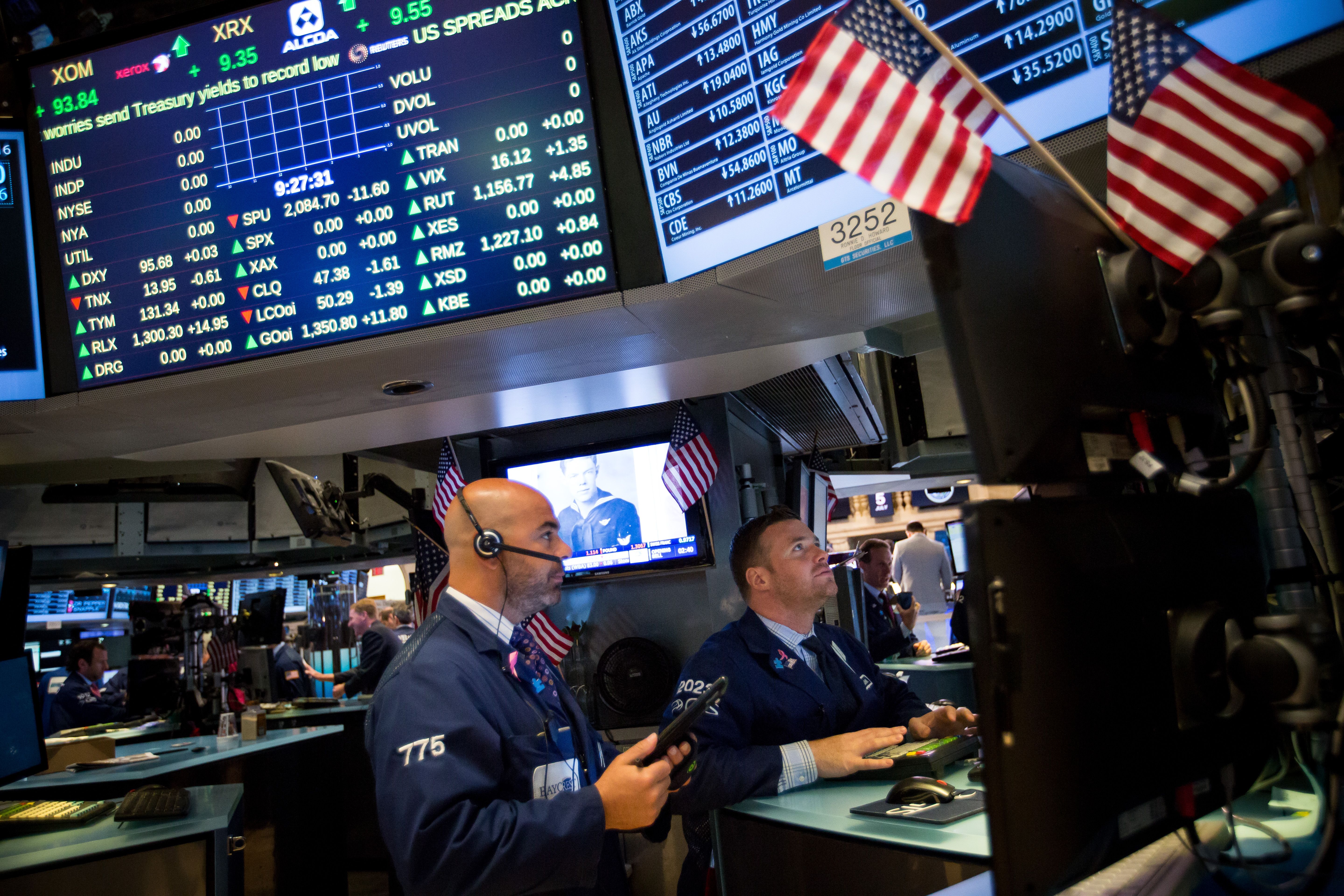World stocks sank on Tuesday, May 15, as investors digested soft Chinese economic data and a lack of progress in U.S.-China trade talks, while a rise in U.S. borrowing costs supported the dollar.
MSCI’s world equity index .MIWD00000PUS, which tracks shares in 47 countries, was down 0.3 percent.
Europe’s benchmark Stoxx 600 was 0.1 percent lower while Germany’s DAX .GDAXI shed 0.2 percent as first-quarter economic growth in the country came in lower than expected.
MSCI’s broadest index of Asia-Pacific shares outside Japan .MIAPJ0000PUS fell 0.8 percent.
China reported weaker-than-expected investment and retail sales in April and a drop in home sales, clouding its economic outlook even as policymakers try to navigate debt risks and defuse a heated trade row with the United States.
Mixed messages in U.S.-China trade talks also weighed on sentiment.
The two countries are still “very far apart” on resolving trade frictions, U.S. ambassador to China Terry Branstad said on Tuesday as a second round of high-level talks was set to begin in Washington.
U.S. President Donald Trump drew ire from lawmakers after suggesting he would help Chinese firm ZTE Corp, that flouted U.S. sanctions on trade with Iran and North Korea, with intelligence officials also saying the decision threatens national security.
In fixed income, the U.S. 10-year bond yield rose above the key level of 3 percent, sending borrowing costs higher in a number of other countries and supporting the dollar, Reuters reports.
The 10-year yield US10YT=RR was last trading at 3.0226 percent, just off levels not seen since January 2014.
In Europe, the benchmark German bond yield rose 14 basis points to 0.629 percent, with investors also taking note of hawkish commentary from Bank of France Governor Francois Villeroy de Galhau, who said the European Central Bank could soon give guidance on its first rate hike.
“We have this Galhau interview and he was very much pointing to rate hikes after the end of QE (quantitative easing),” said DZ Bank rates strategist Daniel Lenz, explaining the weakness in euro zone debt markets. “And we still have a high oil price and U.S. Treasury yields above 3 percent.”












